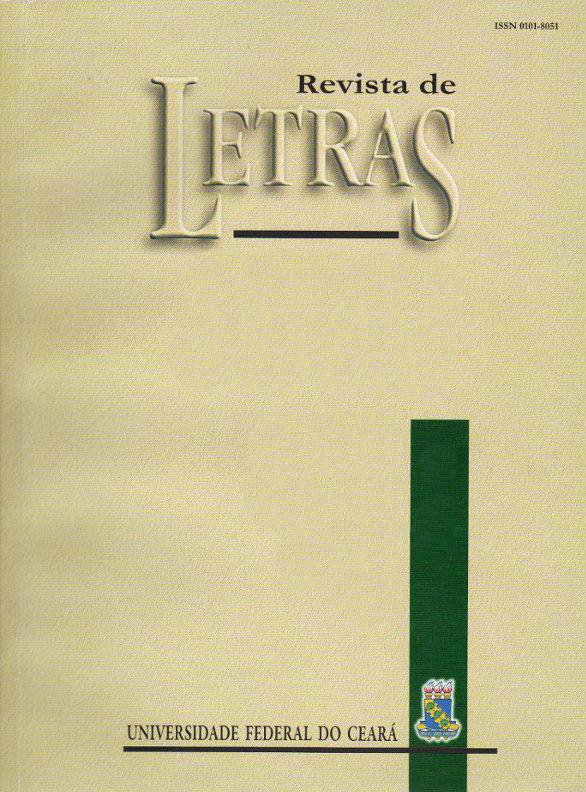TIMBRE VARIATION OF PRETONIC MIDDLE VOWELS IN AN AMAZONIAN CONTEXT
ANALYTICAL APPROACHES TO THE LINGUISTIC PRAXIS OF MALE AND FEMALE WORKERS
Abstract
We present the results of an investigation on the pretonic middle vowels /e/ and /o/, analyzing the variation of timbre, open and closed, in correlation with gender inflection, from the Portuguese spoken in the municipality of Cametá, Pará. We inquire about how linguistic and social factors act in the configuration of the variation under examination, based on the theoretical assumptions of Labovian sociolinguistics. Speech data were obtained from 36 interviewees, socially stratified in terms of education, age, origin and gender. The results point to a higher probability of closed timbre and with greater performance with female speakers, aged 46 years and above, with schooling with elementary education, both in urban and rural areas. Linguistically, closed timbre is more likely to occur in words whose gender is marked by the presence of the morpheme –a or its absence, to the detriment of gender marked by other linguistic strategies.
Keywords: Language. Amazon. pretonic media. Variation. Timbre. Gender Suppression.
Downloads
Downloads
Published
How to Cite
Issue
Section
License
Copyright (c) 2023 Revista de Letras

This work is licensed under a Creative Commons Attribution 4.0 International License.
Autores que publicam nesta revista concordam com os seguintes termos:- Autores mantêm os direitos autorais e concedem à revista o direito de primeira publicação, com o trabalho simultaneamente licenciado sob a Licença Creative Commons Attribution que permite o compartilhamento do trabalho com reconhecimento da autoria e publicação inicial nesta revista.
- Autores têm autorização para assumir contratos adicionais separadamente, para distribuição não-exclusiva da versão do trabalho publicada nesta revista (ex.: publicar em repositório institucional ou como capítulo de livro), com reconhecimento de autoria e publicação inicial nesta revista.
- Autores têm permissão e são estimulados a publicar e distribuir seu trabalho online (ex.: em repositórios institucionais ou na sua página pessoal) a qualquer ponto antes ou durante o processo editorial, já que isso pode gerar alterações produtivas, bem como aumentar o impacto e a citação do trabalho publicado (Veja O Efeito do Acesso Livre).

.png)





.png)
